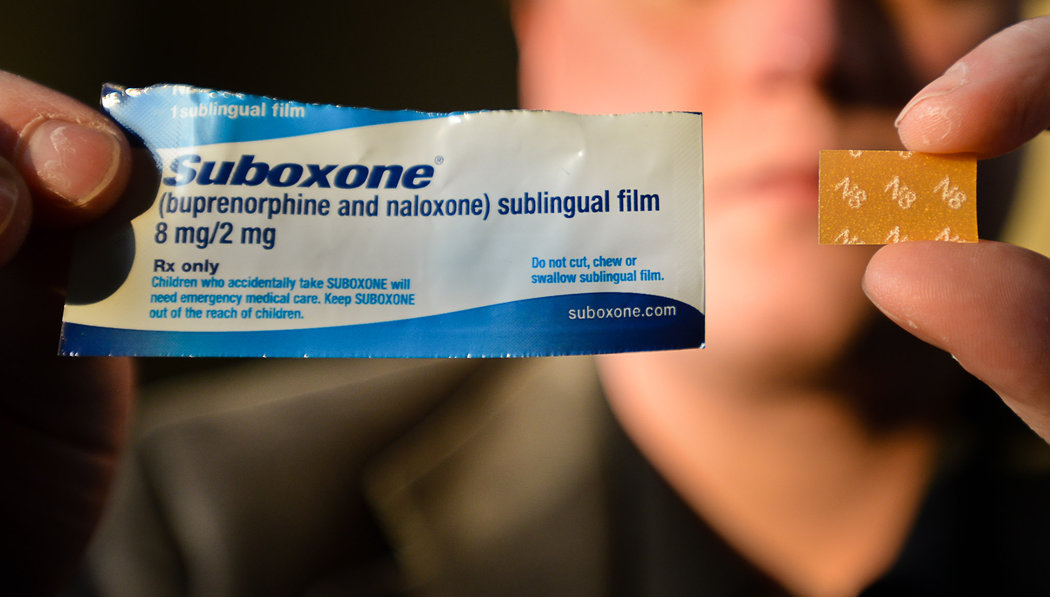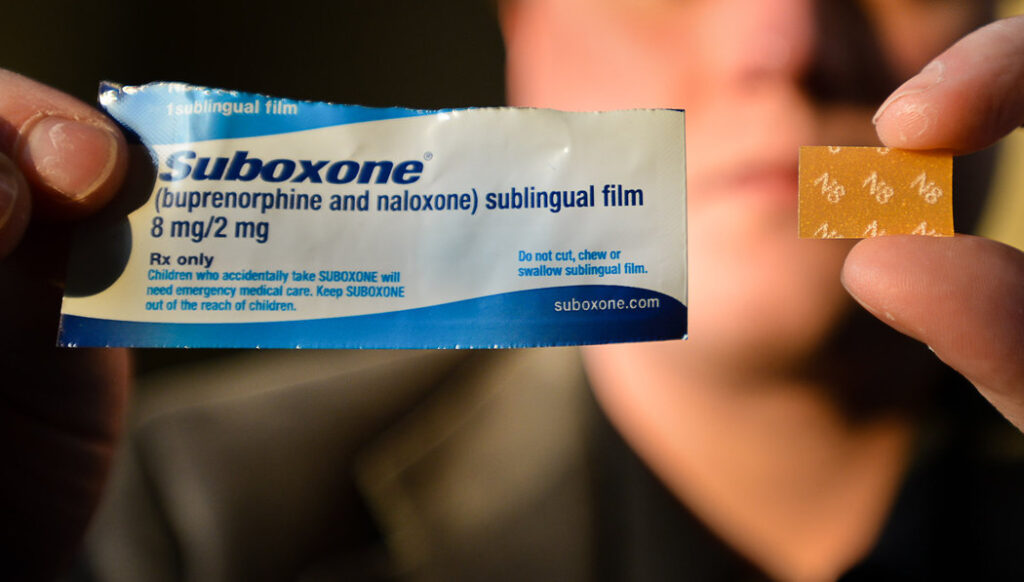We obviously believe in the power of suboxone in treating addiction, and the science backs it up! But still, plenty of people who are just beginning their journeys to recovery are unsure or curious, “does Suboxone work?” This time on Direct2Recovery we want to answer this question with a bit more detail, to cover any bases, questions, and insecurities anyone might have about suboxone and recovery.
Does Suboxone Work
First, an emphatic YES. Suboxone does work. Suboxone is a brand name for the medications Buprenorphine/Naltrexone. It has a partial opiate effect, and that partial effect is what makes it such a powerful tool in combating addiction.
But it’s important to remember a few things. Suboxone doesn’t make addiction disappear. It doesn’t undo years of damage, physically and mentally. It is just one piece of the recovery process
Suboxone works at what it’s meant to do: which is to help people combat withdrawal effects, experiencing cravings, without providing a “high” that would reinforce use and addictive behavior.
These Are The Ways The Two Distinct Components Of Suboxone Work
Buprenorphine
Buprenorphine is a partial opioid agonist. This means it binds to those same opioid receptors as full agonists, but activates them less strongly. Learn more about agonist and antagonist read here. Buprenorphine is used to reduce cravings and also doesn’t produce any feelings of euphoria as it blocks your brain’s opioid receptors. It’s easier on your body than other medications and patients usually tolerate it well.
Research has found buprenorphine to be similarly effective as methadone for treating opioid use disorders, as long as it is given at a sufficient dose and for sufficient duration.
Naltrexone
Naltrexone is a full opioid antagonist, which means that it works by blocking the activation of opioid receptors. Instead of controlling withdrawal and cravings, it treats opioid use disorder by preventing any opioid drug from producing rewarding effects such as euphoria. Most patients don’t tolerate Naltrexone as well as Buprenorphine.
Suboxone is a combination of the two that works well.
When combined with other methods to support and encourage recovery, rehabilitation can and does work.
Suboxone Works – But it Works Better With Support
Medication alone can reduce cravings and withdrawal, but recovering from an addictive disorder requires a rewiring of the brain and medication alone is not enough. Attention to eliminating things in life that cause stress or depression will help minimize the chance of relapse. Disassociating with friends who are in active addiction can be difficult but very necessary. An experienced counselor/therapist will be able to teach other techniques that will further help undo some of the brain changes and conditioned learning that occurred while becoming and once addicted.
Direct2Recovery uses the most well-recognized and time-tested methods for treatment. It combines a variety of approaches to help you into recovery: medical care from a certified provider, psychological consultation, use of approved medications, peer support, 12 step facilitation and family counseling. It is only common sense that the more an individual takes advantage of these opportunities, the more they are likely to succeed. Thus, patients who complete treatment have a higher success rate than those who do not.
Direct2Recovery Program offers a range of services adapted to each individual’s unique needs. These services include:
- Evaluation/Assessment
- Outpatient Withdrawal Management (detoxification)
- Continuing Recovery Care Program
- Licensed Therapists
- CAGE Test
- Offering MAT (medication-assisted treatment) for Alcoholism: Including Naltrexone, Vivitrol, and Acamprosate.
Why Is Counseling An Important Tool In The Treatment Process?
Addiction is a learned behavior that changes the brain to become conditioned to continually want the substance. Through counseling and other behavioral health modifications, it has been known that the brain can actually change physically. By changing our environment, starting a new job, new hobbies and friends, all will alter our brain in some way. It is possible to undo some of the changes that occurred while addicted. Therapy will recondition the brain closer to pre-addiction status. This will better prepare the patient for a time when they may no longer require medication.
Counseling/therapy helps the patient rebuild relationships, repair finances, assume family responsibilities, decrease stress, anxiety and depression, and helps the patient make other meaningful changes in their lives that will allow them to achieve and maintain addiction remission.
If you or a loved one are struggling with addiction, Direct2Recovery wants to help. Get the help you need and take back control of your life. Contact us to learn more.





